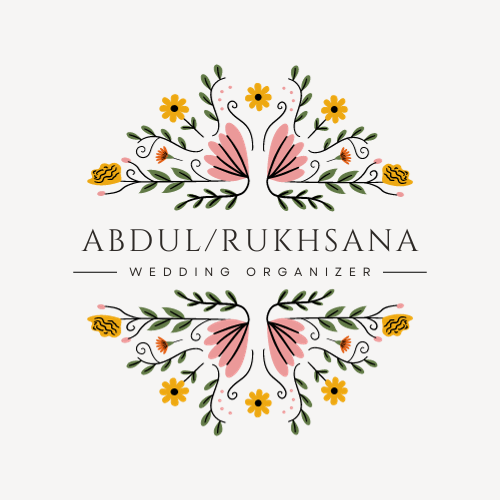
Islamic Religious Guidance
Services offered for Muslim marriages can vary depending on cultural and regional differences, but there are several common services that are typically provided to facilitate and celebrate Muslim marriages.
It's important to note that the specific services offered may vary depending on the cultural and regional context, as well as the preferences of the individuals involved. Additionally, the level of religious adherence and cultural traditions can influence the selection of services for a Muslim marriage.
Seeking Islamic religious guidance for a marriage is a common practice among many Muslims who want to ensure that their union aligns with Islamic principles and values. This guidance can come from religious scholars, advisors, or local imams. Here’s a more detailed description of what this entails:
Pre-Marital Counseling: Before the marriage, the couple may choose to engage in pre-marital counseling with a qualified Islamic scholar or advisor. This counseling serves several purposes:
Spiritual Preparedness: The advisor helps the couple spiritually prepare for the marital journey, emphasizing the importance of faith, patience, and trust in Allah.
Understanding Islamic Principles: The couple gains a deeper understanding of Islamic teachings related to marriage, including the rights and responsibilities of spouses, gender roles, and the importance of love and respect within the marriage.
Conflict Resolution: Couples learn about conflict resolution in accordance with Islamic principles. They are taught to seek compromise, patience, and forgiveness in times of discord.
Communication Skills: Effective communication is crucial in any marriage. The advisor may provide guidance on how to communicate respectfully and lovingly with one’s spouse.
Marriage Contract (Nikah): The Islamic scholar or advisor often officiates the Nikah, the official marriage contract, ensuring that it adheres to Islamic principles. They recite the appropriate verses from the Quran and ensure that the marriage contract is filled out correctly, covering the terms and conditions agreed upon by both parties.
Religious and Cultural Traditions: The advisor can help the couple incorporate religious and cultural traditions into the wedding ceremony, ensuring that these traditions align with Islamic guidelines. This may include reciting Quranic verses, prayers, and the exchange of religiously significant gifts.
Islamic Ethics and Etiquette: Couples are guided on how to conduct themselves in a manner consistent with Islamic ethics and etiquette. This includes modest dress, appropriate behavior during the wedding celebration, and interactions with guests.
Legal Documentation: In some countries, the Islamic advisor may assist with the legal documentation required to register the marriage with civil authorities, ensuring that it is recognized under both Islamic and secular laws.
Post-Marital Guidance: Some couples continue to seek guidance from religious scholars or advisors after the marriage, particularly during the early stages of married life. This support may include advice on building a strong foundation, maintaining a healthy relationship, and addressing any challenges that arise.
Conflict Resolution: In cases of marital disputes or conflicts, the religious advisor can help mediate and guide the couple toward resolution in a manner consistent with Islamic teachings.
It’s important to note that the level of involvement of religious scholars or advisors in a marriage can vary. Some couples may choose a more hands-on approach, while others may seek guidance only during specific stages, such as the Nikah ceremony. The goal of seeking this guidance is to ensure that the marriage is conducted in accordance with Islamic principles, and that it is a source of spiritual growth and happiness for the couple.
